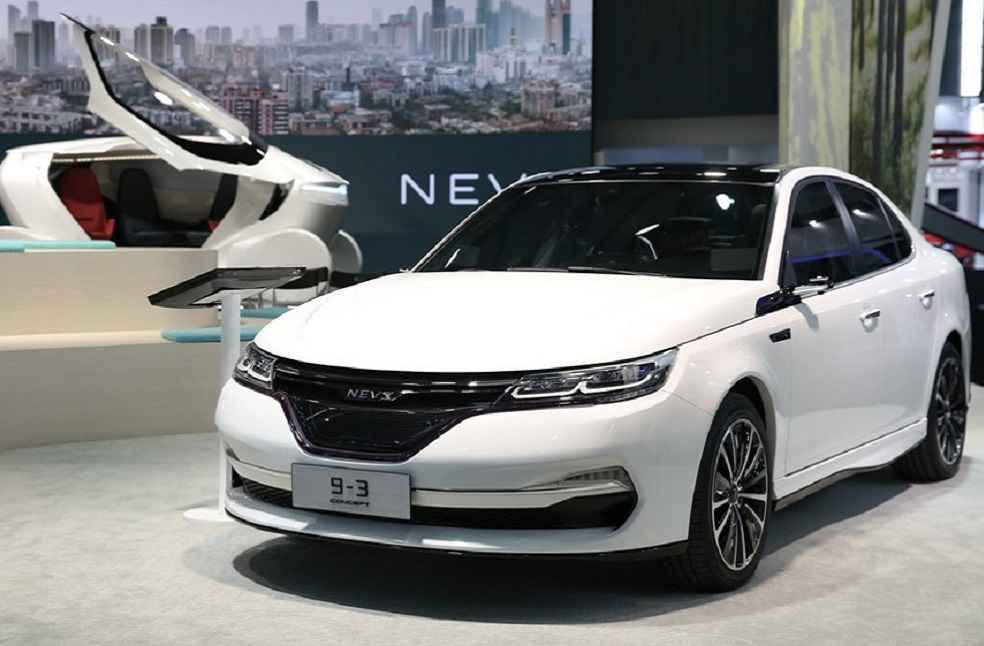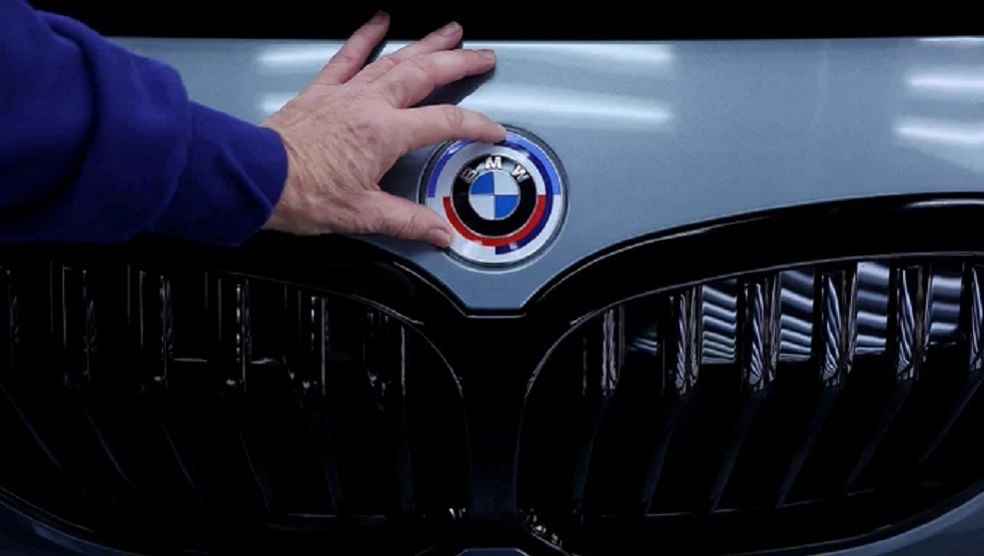The China-Germany industrial park in Beijing is rapidly becoming a key center for the development of intelligent and eco-friendly new energy vehicles (NEVs). At a recent forum on Sino-German industrial cooperation and development, experts highlighted the role of smart technology and sustainability in driving the next phase of global NEV industry evolution.
Beijing, a host to R&D centers for German automotive giants like Daimler, BMW, and Volkswagen, sees its Shunyi District leading the charge. This district boasts four vehicle manufacturing facilities, including Beijing Benz’s NEV plant, and seven R&D centers, including one from BMW. Du Yue, deputy head of Shunyi, underscored the district’s progress towards becoming a premier smart NEV area.

Song Wei, president of Beijing Automotive Group (BAIC), emphasized the deep integration of German automotive firms into China’s automotive industry, creating genuine interdependence. BAIC has established robust partnerships with both major German corporations and many small and medium-sized enterprises. He Yi, deputy secretary-general of the China Association of Automobile Manufacturers, observed a growing influx of global players into China’s vast NEV market, boosting industry growth and offering consumers more choices.
BMW announced a significant investment of 20 billion yuan (approximately 2.82 billion) to expand its Shenyang production base, set to produce the new generation of BMW models integrating electrification, digitalization, and circular economy principles. Michael Braungart, Scientific CEO of EPEA, lauded China’s efforts to enhance the reuse of production materials, creating new opportunities for international cooperation. Braungart pointed to China’s advancements in smart and green manufacturing, fostering the green transformation and upgrading of the NEV industry.

The 2024 Beijing auto show at the Shunyi Hall of the China International Exhibition Center featured numerous global automotive manufacturers showcasing their latest smart driving products and solutions, marking the industry’s shift toward intelligence. Peng Jun, co-founder and CEO of Pony ai, reported significant progress in autonomous driving services in China, with the company’s unmanned taxi vehicles completing up to 26 orders daily.
Oliver Zipse, chairman of the Board of Management of BMW AG, noted that China’s development aligns closely with BMW’s core strategy, creating ample opportunities for deepened Sino-German cooperation. Emphasizing sustainable development as a collaborative path, Zipse remarked, “As we know, what moves China today moves the world tomorrow.”
LATEST | BYD Launches Shark Truck in Mexico Amid Rising U.S.-China Tariffs





